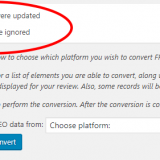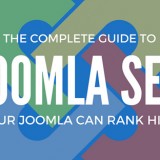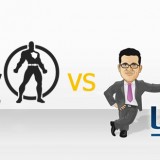What is a CMS?
CMS is an acronym for Content Management System and refers to a tool used to build and manage a website online. Without a CMS, every individual page on a website needs to be composed completely from top to bottom including header, footer and all graphical design around the unique information for that page. With a CMS, you can quickly add a new page, new content, without having to work with the elements that it should share with other pages on the same website.
A CMS gives you the following advantages when building and maintaining a website:
- A CMS allows you to add/edit your content without programming skills, with a WYSIWYG-editor.
- A CMS Allows you to edit your website online on any computer, with no need of local software.
- A CMS allows you to structure your content in categories and make it accessible via menus.
- A CMS allows you to change the overall design of the website by installing another template, without having to change every individual page.
There are many great Content Management Systems out there so there’s no need for you to create one yourself. Some of them are proprietary and some are open source. Open Source does not at all mean inferior. On the contrary, an open source CMS is often developed by a large community which often means there are many plugins available to enhance the CMS with useful functions, like discussion boards, commenting capabilities, or even a shopping cart.
Some popular open source CMS:es are:
- WordPress
- Joomla! CMS
- Drupal









